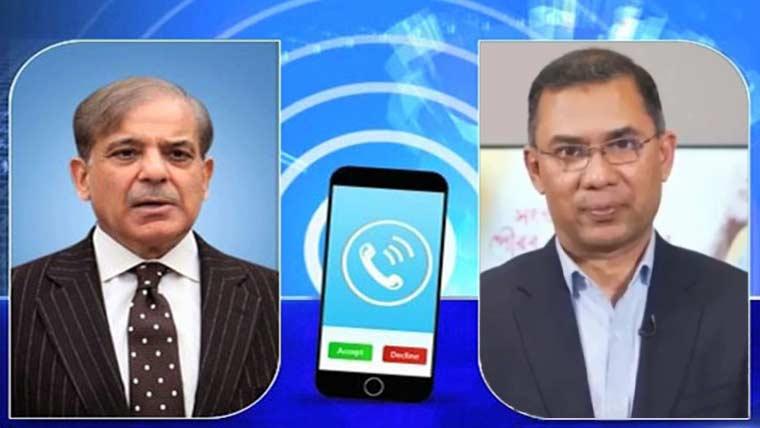Study reveals that people with migraine are about five times more likely to develop depression than someone without migraine.

Migraine is linked to both depression and anxiety.
About 20% of people with episodic migraine headaches on 14 or fewer days per month may also have depression, and that number goes up as the number of headache attack days per month increases. Similarly, about 20% of people with episodic migraine have anxiety, and between 30% and 50% of people with chronic migraine also have anxiety.
What’s the link?
Doctors aren’t entirely sure what the connection between Migraine, Depression and Anxiety is. For many people, depression or anxiety begins months or years after their migraines start partially because migraine can be so debilitating. Many others, however, develop migraine after living with depression or anxiety for some time. This indicates that depression and anxiety are not always a response to living with migraine. Like migraine, depression and anxiety can also run in families.
Symptoms
Common symptoms of anxiety, like excessive worry, fear and irritability, can play off of migraine symptoms.
Patients worry about when the next attack will come, feel helpless about the unpredictability of their symptoms, and feel frustration over the many ways that migraine is affecting their life.When a person doesn’t know when the next attack is coming, it can cause a great deal of migraine anxiety, and, ultimately, depression.
Symptoms of depression include fatigue, loss of interest or pleasure in things previously enjoyed, changes in sleep, changes in eating habits, and feelings of sadness and hopelessness, which also closely mirror common migraine symptoms like insomnia, loss of appetite and malaise.
Treatment options
Depression and anxiety are treatable in many ways, including through medications that target nerve transmitters. But there are also nonpharmacological therapies.
Treatments that include cognitive behavioral therapy (CBT) help us better manage stress and change the ways that we think and act, which could be contributing to our feelings of depression and anxiety.
Relaxation therapies are similarly effective for some in treating anxiety and depression, as well as combating stress, which can exacerbate migraine symptoms. These strategies involve calming the nervous system with meditative exercises like deep breathing or guided visual imagery.
However, staying active and healthy is important for patients who experience migraines and depression or anxiety, as is maintaining a consistent sleep schedule.
This article is taken from American Migraine Foundation Mission.

Aurora says it will ‘triple’ its driverless truck network
- 14 گھنٹے قبل

Zimbabwe shock Australia in first major upset of ICC T20 World Cup 2026
- 8 گھنٹے قبل

The Switch 2’s GameShare multiplayer turns this horror game into an unexpected comedy
- 14 گھنٹے قبل

T-Mobile will live translate regular phone calls without an app
- 14 گھنٹے قبل

Government vows full medical care for PTI founder: Tariq Fazal Chaudhry
- 8 گھنٹے قبل

Talk to your kids about ICE
- 21 گھنٹے قبل

Government decides to shift Imran Khan from Adiala to Islamabad jail
- 8 گھنٹے قبل

Why ‘deleted’ doesn’t mean gone: How police recovered Nancy Guthrie’s doorbell footage
- 14 گھنٹے قبل

What we know about the mysterious closure and reopening of the El Paso airport
- 21 گھنٹے قبل

Microsoft wants to rewire data centers to save space
- ایک دن قبل

PM Shehbaz and UAE president reaffirm commitment to strengthen bilateral ties
- 7 گھنٹے قبل

PM holds phone call with BNP leader Tarique Rahman, congratulates on election victory
- 6 گھنٹے قبل






